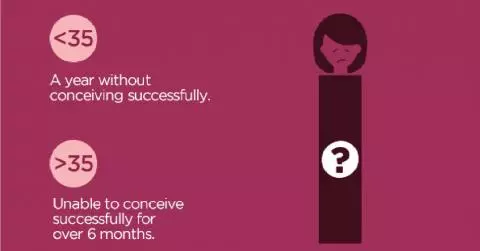Clomiphene Citrate: When and How It’s Used in Fertility Treatment

Clomiphene citrate, also known as Clomid is a commonly used drug for treating female infertility. If a woman gets diagnosed with infrequent or absent ovulation, then the use of Clomiphene citrate can induce ovulation.
When Is Clomid Used?
Your doctor might prescribe Clomiphene citrate as the first-line treatment in the following cases:
- Irregular menstrual cycles
- Anovulatory cycles
- Unexplained infertility
- If you prefer inexpensive and non-invasive fertility treatments
- During Intrauterine insemination (IUI)
- Polycystic ovarian syndrome(PCOS)
How Does Clomid Work?
The Clomiphene citrate blocks the effect of oestrogen hormone, which lowers the oestrogen level in your body. This signals the pituitary glands to increase the follicle stimulating hormone or FSH and luteinizing hormone or LH, which are essential for ovulation. FSH stimulates the growth of ovarian follicle and LH triggers the release of matured egg that travels down the fallopian tube.
Treatment
Your doctor performs a battery of tests, before starting this drug therapy. Usually, a course of Clomid starts from the 2nd to 5th day of menstrual flow. A low dose of 50 mg daily for five days is the usual course up to 3 cycles. If ovulation doesn't happen in the first cycle, then it may be suggested to increase the dose for the next cycle. You would also be closely monitored with some blood works and scans to know how your body responds to this drug therapy.
Benefits
Using Clomiphene citrate for treating infertility has a significant number of benefits such as:
- Cost-effective
- Being an oral medication, it's non-invasive treatment.
- Relatively fewer side effects
- Your regular OB-GYN or primary care provider can prescribe this drug, thus reducing the hassle of reaching to a reproductive specialist.
 Infertility Counselling
Infertility Counselling Female Infertility Treatment
Female Infertility Treatment Andrology Treatment
Andrology Treatment Fertility Enhancing Surgeries - Female
Fertility Enhancing Surgeries - Female Fertility Enhancing Surgeries - Male
Fertility Enhancing Surgeries - Male Endoscopy Treatment
Endoscopy Treatment IUI Treatment
IUI Treatment IVF Treatment
IVF Treatment ICSI Treatment
ICSI Treatment Advanced IVF Solutions
Advanced IVF Solutions Embryology
Embryology Vitrification Egg, Embryo, Sperm Freezing
Vitrification Egg, Embryo, Sperm Freezing Preimplantation Genetic Testing (PGT)
Preimplantation Genetic Testing (PGT) Donation Program Embryo / Egg / Sperm
Donation Program Embryo / Egg / Sperm Self-cycleTM IVF
Self-cycleTM IVF

 Self-cycleTM IVF
Self-cycleTM IVF









